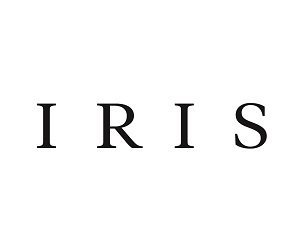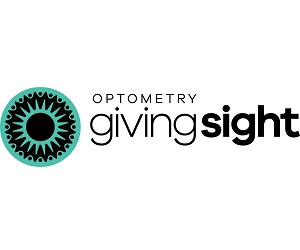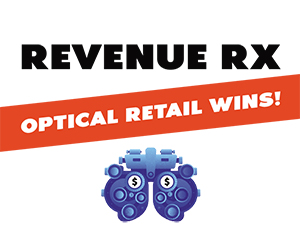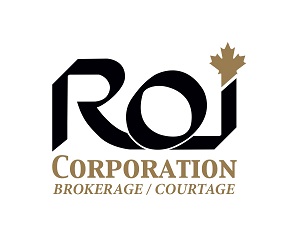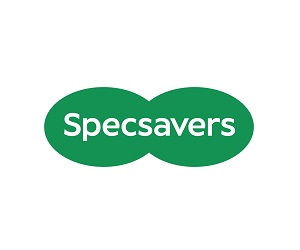
You’ve posted your job opening online, sorted through dozens of resumes and selected the applicants you’d like to interview. Now you just have to pick the one with the best combination of education, skills, and experience, right?
Wrong. In all likelihood, you’ve already screened candidates for those factors based on their resumes. Why do the same thing twice? The interview is your chance to dive a little deeper and assess what really matters most when hiring – cultural fit.
Fit with your office culture is a key determinant of whether a new hire will be successful in their role. But how do you assess fit? Start by asking these 10 questions during the interview process:
1. Outside of work, what are you passionate about?
There is no right or wrong answer to this question. We recommend asking it to get a better sense of the person behind the resume – what inspires them, whether they prefer solitary or group pursuits, are they process or outcome oriented?
It also makes for a great ice-breaker early in the interview to stimulate conversation and create a bond over shared interests.
2. What are the first 3 things you would do if you won the lottery?
Another open question without a right or wrong response, this one reveals where the employee’s true priorities lie.
The risk-averse may focus on paying off debt and investing for the future, while more adventurous types may dream of starting a business or travelling the world.
A focus on family or charity suggests they are loyal and are motivated by a sense of belonging and feeling that their job contributes in a positive way to the community around them.
3. What does your ideal job look like? / What does your nightmare job look like?
Encourage the candidate to describe their ideal work conditions, daily routine, managers and team-mates, as well as scenarios that they would describe as a nightmare.
Their answers will offer a clear vision of how well they might adapt to your culture, allowing you to identify any red flag areas where fit may be a concern.
4. How do you define success in your job?
Not only does this question help you decide how best to incentivise and reward a new hire, it reveals how they themselves measure success.
Are they focused solely on their own goals such as compensation, bonuses and promotions or are they concerned with practice goals such as increasing profit, improving patient satisfaction, or making a positive contribution to the community?
Make sure the candidate’s goals and values align with your practice’s mission and values.
5. What’s the most successful way you have delegated a task in the past?
The answers to this question reveal not only what kind of work the candidate has done in the past, but what leadership skills they possess.
You want long-term employees who will develop, grow and move up within your company, so you need to assess their aptitude not only for the current position, but their potential as future leaders.
6. Describe a time when you failed at a task
Even employees who are an ideal fit for the job will face challenges. How they deal with adversity determines how successful they will be as a member of your team.
Are they willing to ask for help or do they prefer to go it alone? Do they blame others for problems or accept responsibility themselves?
7. What is your biggest pet peeve about your last job?
This question can open up a whole can of worms. Complaints about tasks, supervisors, pay, overtime, co-workers and customers will help you determine whether the applicant is really suited to work in your unique environment.
Even more importantly, they reveal a great deal about the candidate’s character, loyalty and judgement.
Unless you want an employee who will freely badmouth you and your customers to others, a candidate who does so in an interview may not be your first choice.
8. Imagine you’re riding a runaway elephant that’s about to go over a cliff. What do you do?
Yes, it’s a ridiculous question and yes, that’s the point. The answer itself isn’t as important as how the candidate deals with the unexpected.
Can they think quickly on their feet? Do they come up with a creative answer? Are they rattled by a nonsensical question in the middle of an otherwise ordinary interview?
9. Is there something you believe in that goes against established norms?
We all want employees who aren’t afraid to think outside the box. Independent thinkers may be more creative in the workplace and come up with unique methods and solutions to improve workflow and patient satisfaction if empowered to do so.
On the other hand, candidates who have little respect for authority and who resent being told what do and how to do it are unlikely to succeed in highly regulated work environments.
10. Which of our company’s core values do you identify with the most (or least)?
This seemingly innocuous question is actually one of the most relevant ones.
On its face it reveals whether the candidate’s values align with those of your business – clearly a key factor in determining fit. More importantly, it tells you how much the applicant wants the job and how much preparation they have done for the interview.
Have they thoroughly researched your business? Are they aware of your mission and values?
A candidate who will go above and beyond to prepare for an interview is more likely to be an employee who will go above and beyond for your business.
Bonus Questions
Q. Who was the best manager you ever had, and what was it about them that made them such a great manager, for you?
– Always follow with who was the worst manager… and what was it about them that made them a poor manager, for you?
Q. What’s the funniest thing that ever happened to you at work?
– Answers always give insight into underlying attitudes and beliefs. Also – is the answer self-deprecating or are they laughing at someone else’s expense?

JAN G. VAN DER HOOP
Jan is the co-founder and president of Fit First Technologies, a company that applies its predictive analytics to the task of matching people to roles. Those algorithms drive platforms such as TalentSorter, FitFirstJobs and Eyeployment.com, which are relied upon by organizations to screen high volumes of candidates for “fit” in their open positions.
















